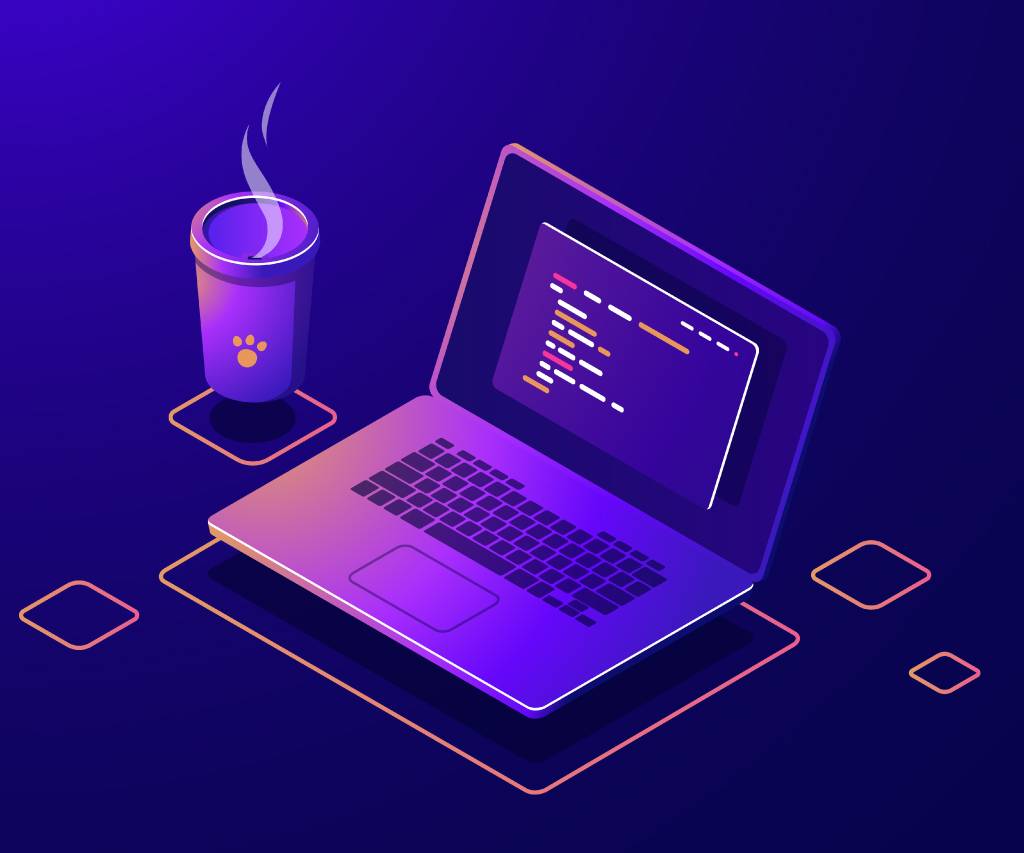ROBOTIC PROCESS AUTOMATION PROGRAM
Robotic Process Automation (RPA) is a game-changing technology intended to automate high-volume, repeatable tasks that consume a significant portion of a worker’s time. Take advantage of this chance to train in one of the most in-demand skills and prepare yourself for the future of work.
Entry Fees:
Tickets into the Parks or Venues could be arranged. Do let us know in advance.
9 HRS
1+ Age
SEED PLAN
Skill Training :0.5 months
GROWTH PLAN
Skill Training :0.5 months
SUCCESS PLAN
Skill Training: 0.5 months training
This course aims to give you a clear overview of what Robotic Process Automation is, how it works, and when to use it while also providing you with hands-on technology experience by assisting you in building a simple robot that automates a business process in the UiPath Studio RPA software.
This way, you’ll grasp the big picture and how the technology works. We will also look at how to pilot the technology in a business setting so that you know what steps to take to ensure the success of any Robotic Process Automation project in your organization.
Additional information
| Duration | 2.5Months, 3months, 3Month with certificate |
|---|---|
| Payment | Full payment, Part payment |

